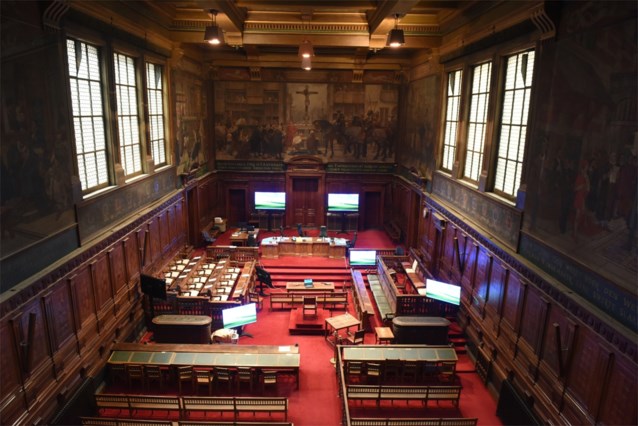The Belgian prosecution service has called for an amendment to the constitution to make it possible to scrap the assizes court, where trials by jury take place.
Jury trials in Belgium are restricted to the most serious charges including murder and terrorism, and even then are held only sparingly. Under Article 150 of the constitution, it is also the sole forum responsible for political crimes and offences relating to the press.
The process is considered extremely expensive and lengthy, with an extended time between being charged and being tried. In addition, the end results regarding verdicts and sentences are often the object of controversy.
Under the Belgian system, a jury sits alone to determine the question of guilt, often on many separate charges at once. In the case of a guilty verdict, the jury then deliberates with one of the judges on the sentence.
The prosecution service (OM) includes its proposal in a white paper entitled “On the road to 2025”, which also includes a call for more resources, better technical equipment and buildings, and a change to the statute of limitations for certain crimes.
According to Christian De Valkeneer, president of the college of prosecutors-general, the aim of the white paper is to increase the public’s feeling of security, to reduce delays in procedure and to better tackle organised crime.
The test project involving sending crimes that would normally be dealt with by an assizes court to be heard in a lower court was successful, De Valkeneer writes. However, the restructuring based on that principle proposed by justice minister Koen Geens was struck down by the Constitutional Court.
It would therefore require an amendment to the constitution for the idea to be realised – a complicated and lengthy procedure which requires a federal election to take place once the intention to seek an amendment is formally introduced and approved by both houses of parliament, by the government and by the monarch.
On the statute of limitations, the OM is not calling for an end to the instrument – which sets a time limit under which a prosecution must be brought for all but the gravest of crimes – but rather a decision to stop the clock on the time limit when an investigation runs aground, allowing the possibility of new evidence emerging even years later.
Alan Hope
The Brussels Times

